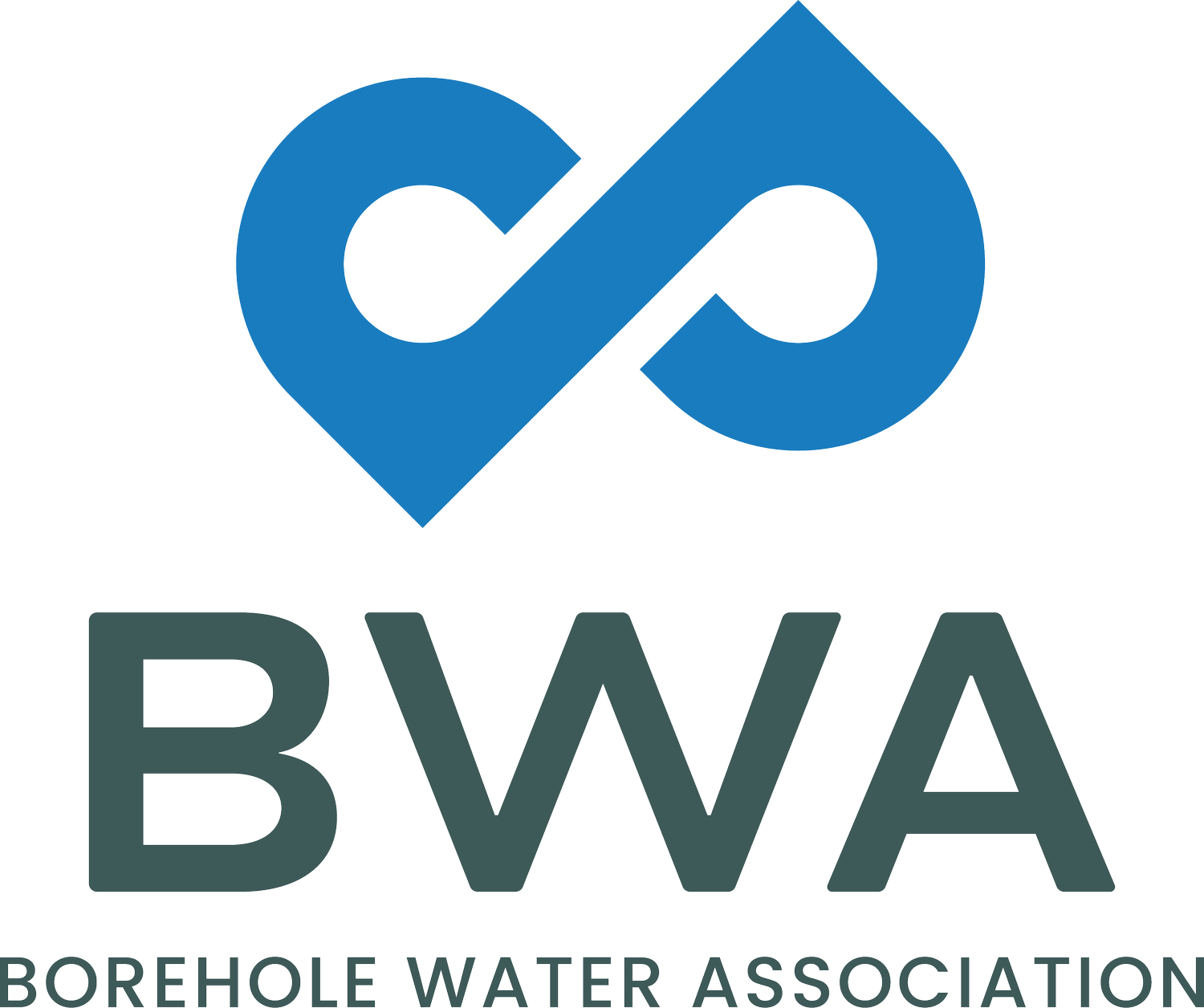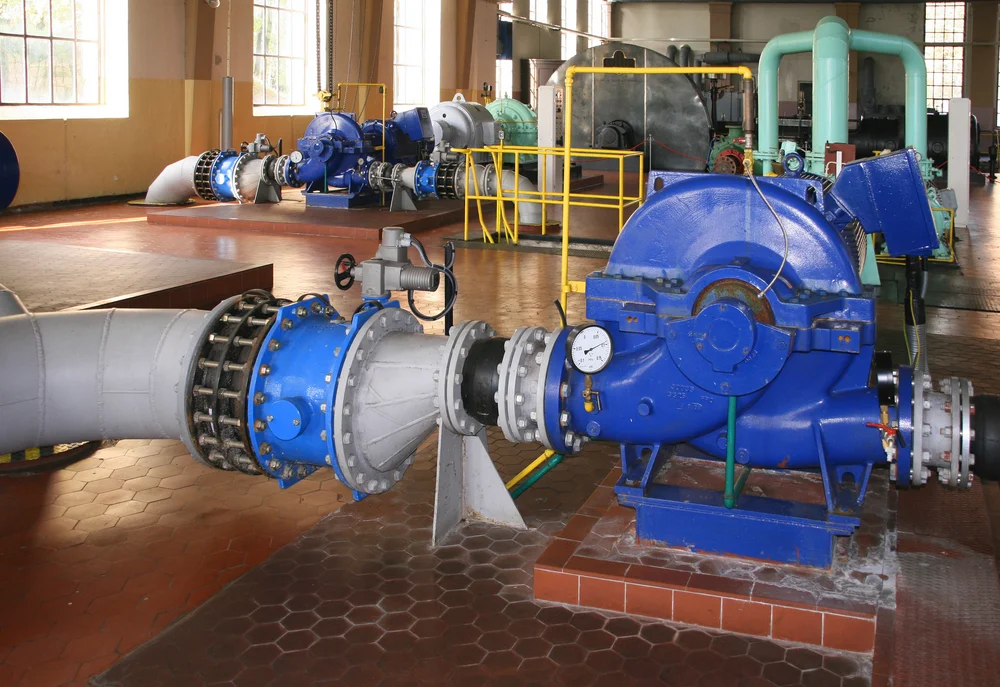Call for more careful planning of boreholes by municipalities
/Recently drilled artesian boreholes, drilled on the Coega Fault near Port Elizabeth, spray water when their gate valves are opened; these boreholes were drilled for the Nelson Mandela Bay Metropolitan Municipality by Dr Ricky Murray. (Taken on a site visit which took place during the Groundwater Conference in Port Elizabeth).
As South Africa uses National Water Month to focus on water sustainability, several small towns around the country are looking to groundwater for new supplies; however, SRK Consulting partner and principal geohydrologist Gert Nel has warned municipalities against drilling boreholes indiscriminately under the banner of Emergency Water Supply.
Gert Nel, partner and principal hydrogeologist at SRK Consulting in Port Elizabeth
“Boreholes can deplete underground aquifers if they are not scientifically planned and executed,” said Nel. “This puts local households and businesses at risk, and can even threaten food security if the farming community is affected.”
He noted that accessing groundwater was all too often treated by municipalities as simply an exercise in drilling boreholes and pumping as much water as users required.
“This approach is not sustainable,” he said. “Groundwater development and management requires specific expertise; for instance, boreholes need to be sited correctly if they are to be sustainable, and this is the role of a qualified geohydrologist.”
Government was trying to ensure that water projects were more sustainable, he emphasised. In terms of a term tender issued three years ago, for instance, the Department of Water Affairs and Sanitation had identified a number of consulting geohydrological firms that had the necessary skills and experience to oversee sustainable water projects.
“The department’s intention was to make the procurement process simpler for municipalities starting a groundwater supply project,” he said. “Unfortunately, not many municipalities have taken advantage of this, leading to time being wasted through slow and often improper scope of work in procurement processes.”
As Eastern Cape branch chairman of the Groundwater Division (GWD) of the Geological Society of South Africa (GSSA), Nel highlighted that South Africa could readily draw on the experience of its large pool of geohydrologists.
“The time has come for government to engage more closely with the various groundwater organisations and private geohydrological businesses in South Africa,” he said.
He highlighted that funding agencies should play a greater role in ensuring water sustainability, by insisting that every borehole drilled with their funds should be accompanied by a geohydrological report and signed off by a qualified and registered geohydrologist.
“The use of a Competent Person in designing and implementing projects is a well-established requirement in the mining sector, for example,” said Nel. “We should be applying this requirement in the water sector, too, so that an accredited professional person takes responsibility for project results. At the moment, a Competent Person’s sign-off is not required for water projects at municipal level.”
He said that scientists in the groundwater sector constituted an important intellectual asset, and were available to collaborate closely with the public sector in finding solutions to the country’s many water challenges.
About SRK
SRK is an independent, global network of consulting practices in over 45 countries on six continents. Its experienced engineers and scientists work with clients in multi-disciplinary teams to deliver integrated, sustainable technical solutions across a range of sectors – mining, water, environment, infrastructure and energy. Visit www.srk.co.za for more information.






